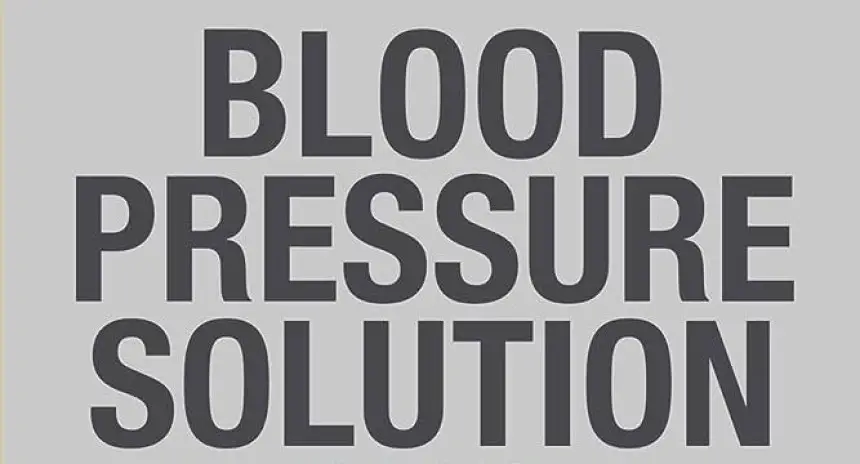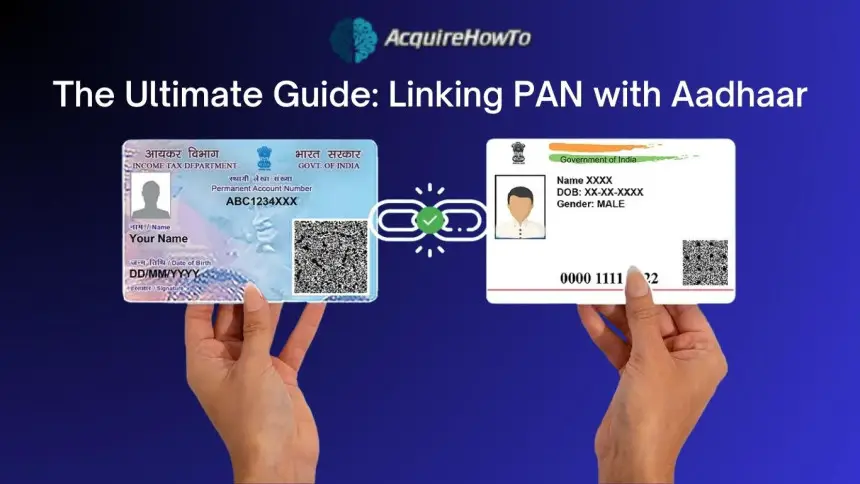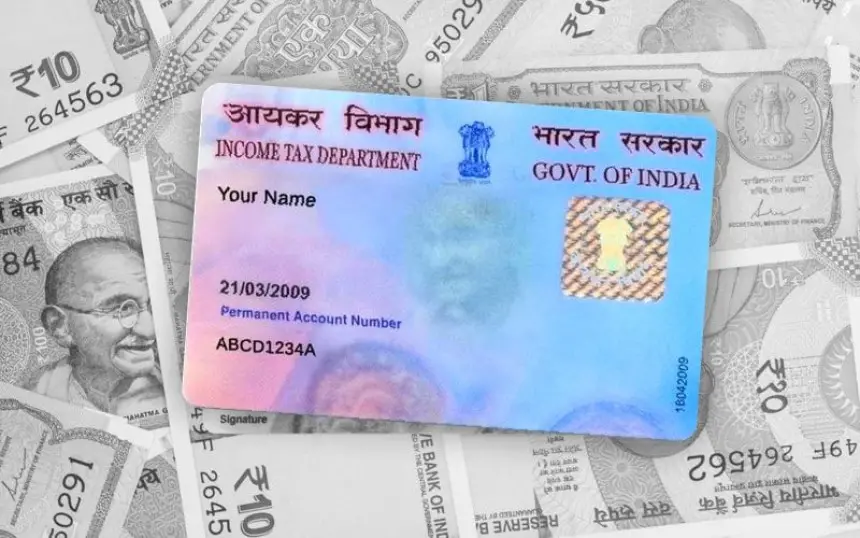
How to Lower Blood Pressure: Comprehensive Guide to a Healthier Heart
Discover natural ways to reduce your blood pressure and improve your heart's health while you educate yourself on the most effective methods. Within this in-depth book, you will find information on how to make adjustments to your lifestyle, as well as dietary advice and insights from professionals.
Introduction
For a healthy heart and overall well-being in today's fast-paced environment, it is essential to maintain optimal levels of blood pressure as much as possible. If it is not treated, high blood pressure, which is sometimes referred to as hypertension, can result in a number of major health consequences. The good news is that there are a variety of natural techniques to reduce one's blood pressure, as opposed to having to rely only on medicine. This article will offer you with a step-by-step guide on how to efficiently lower your blood pressure by incorporating changes to your lifestyle and dietary habits, as well as the recommendations of health professionals.
How to Lower Blood Pressure
In many cases, hypertension can be brought under control by making alterations to one's lifestyle, food, and approach to dealing with stress. You can make major strides towards bettering the health of your heart by integrating the following tactics into your everyday routine.
Understanding Blood Pressure
Before we go into the specifics of the tactics, let's take a moment to have a basic understanding of what blood pressure is. The force that the blood exerts against the artery walls is what is measured when blood pressure is taken. Systolic pressure, which is the higher number, and diastolic pressure, which is the lower number, are the numbers that are used to indicate it. Around 120 over 80 millimetres of mercury is considered to be normal blood pressure. When levels are high, there is an increased likelihood of developing heart disease, stroke, and kidney difficulties.
You may also like : "How to Lose Weight Fast: A Comprehensive Guide"
Lifestyle Adjustments
Regular Physical Activity:
Exercise should be a regular part of your routine if you want to keep your blood pressure in healthy ranges. Aim to get at least 150 minutes of aerobic activity at a moderate intensity or 75 minutes of activity at a strong intensity every week. Your blood pressure may benefit from engaging in physically active pursuits such as brisk walking, cycling, swimming, or even dancing.
Stress Management:
Stress of a chronic kind might be a contributing factor in high blood pressure. Relaxation strategies such as deep breathing, meditation, and yoga should be incorporated into your daily practise. These practises have the potential to help lower stress hormones and promote relaxation on a global level.
Dietary Choices
Balanced Diet:
The adoption of a diet that is abundant in fruits, vegetables, whole grains, lean proteins, and dairy products with low fat content will help contribute to reduce blood pressure. Particularly successful at lowering blood pressure is the DASH (Dietary Approaches to Stop Hypertension) diet, which stands for "Dietary Approaches to Stop Hypertension."
Sodium Intake:
Consuming an excessive amount of salt might cause an increase in blood pressure. You should try to keep your daily consumption of salt to between 1,500 and 2,300 milligrammes. Caution is advised while consuming processed foods since they frequently conceal salt.
Potassium-Rich Foods:
The levels of sodium and potassium in your body are more stable when potassium is present. Include foods that are high in the mineral potassium in your diet. Some examples include bananas, oranges, spinach, and potatoes.
Expert Insights
Dr. Sarah Martinez, Cardiologist
"Small, sustainable changes in your lifestyle can have a significant impact on your blood pressure. Focus on achieving a healthy weight, managing stress, and making heart-healthy food choices."
You may also like : "Soothing the Soreness: Effective Remedies for a Sore Throat"
Natural Supplements
Garlic Extract:
According to a number of studies, taking garlic extract supplements may result in a little drop in blood pressure. Allicin, a chemical with possible health advantages for the heart, is found in garlic.
Hibiscus Tea:
Tea made from hibiscus flowers is high in anti-oxidants and has been shown to have a modest effect in lowering blood pressure. Adding a cup of hibiscus tea to your daily routine might be a scrumptious way to spice up your routine.
Conclusion
The route towards naturally reducing blood pressure is one that entails making changes to one's food and lifestyle on purpose and with careful consideration. You may take care of your heart health by engaging in regular physical activity, learning strategies to handle stress, maintaining a healthy diet, and seeking out the advice of professionals. Keep in mind that consistency is the most important factor, and that even incremental improvements over time can have a huge impact. Make caring for your health a top priority, and use the tips in this article as a road map to a healthier and more fulfilling life.
Frequently Asked Questions (FAQs)
Can losing extra weight help lower blood pressure?
- Absolutely. Shedding excess pounds reduces the strain on your heart and blood vessels, leading to lower blood pressure.
Is caffeine consumption linked to high blood pressure?
- Caffeine can cause a temporary spike in blood pressure. If you're sensitive, consider limiting your intake from coffee, tea, and energy drinks.
How does alcohol affect blood pressure?
- Excessive alcohol consumption can lead to high blood pressure. Moderation is key; limit yourself to one drink per day for women and two for men.
Are there specific foods that help with blood pressure reduction?
- Yes, foods like leafy greens, berries, beets, and fatty fish are known for their blood pressure-lowering properties.
Can stress really impact blood pressure?
- Absolutely, chronic stress can contribute to hypertension. Engage in relaxation techniques to manage stress effectively.
What role does genetics play in high blood pressure?
- Genetics can increase susceptibility, but lifestyle factors play a major role. Healthy choices can often mitigate genetic predisposition.
You may also like : "A Nutritious Addition to Your Diet Green apples have several health benefits, one of which is weight loss."
Tags
# Blood Pressure Management, #Heart Health Tips, #Lowering Blood Pressure Naturally, #Hypertension Prevention, #Healthy Lifestyle Changes, #Expert Advice on Blood Pressure, #Dietary Strategies for Blood Pressure, #Physical Activity for Heart Health, #Stress Reduction Techniques, #DASH Diet Benefits, #Sodium Intake Guidelines, #Potassium-Rich Foods for BP, #Natural Supplements for Hypertension, #Garlic Extract and Blood Pressure, #Hibiscus Tea Benefits, #FAQs on Blood Pressure, #Weight Loss and BP Connection, #Caffeine's Impact on Hypertension, #Alcohol and Blood Pressure Relationship, #Heart-Healthy Foods, #Managing Stress for Lower BP, #Genetics and Hypertension, #Prioritizing Heart Well-being, #Lifestyle Choices for Heart Health, #Improving Cardiovascular Health, #Holistic Blood Pressure Management





